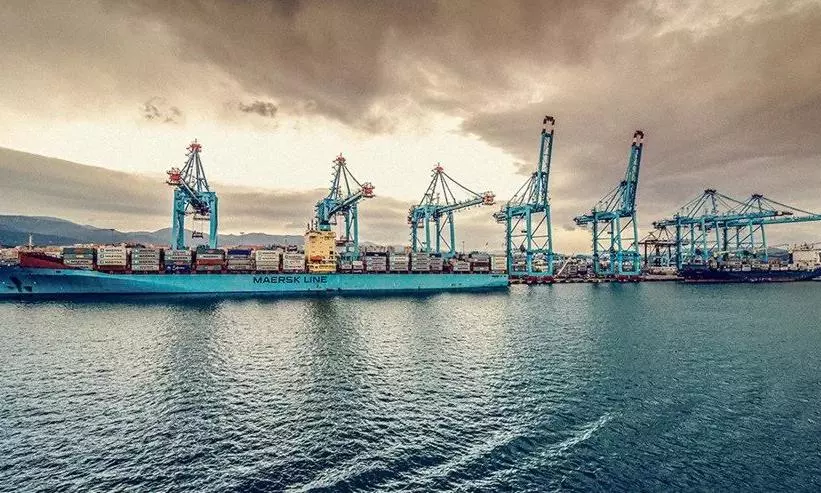Maersk integrator strategy high risk move: Drewry
“Messaging to both sets (customers & shareholders) on how they will succeed needs to be crystal clear”

The chances of Maersk succeeding with its integrator model are better than they were in the past but it’s a high risk move that will ultimately be judged on whether it delivers value for customers and returns for shareholders at the same time,says Drewry in its latest analysis of the 2M split.
"Messaging to both sets on how they will succeed needs to be crystal clear."
Compromise is an essential ingredient to any healthy relationship but things change and individuals’ priorities shift over time, says the report. "At the point when one, or both, parties feel like the other is preventing them from being themselves, it is probably time to call it quits and move on separately. Container shipping’s high-profile divorce between Maersk and MSC in the 2M alliance can be viewed as a classic case of two partners drifting apart since they first hooked up in 2015. There will be no marriage counselling, no reconciliation. Instead, both companies will be free as birds to pursue their own ambitions and strategies, unencumbered by a disgruntled partner."
MSC had virtually signposted its intentions by hugely increasing its fleet size and developing more non-alliance services "but we were less sure of how Maersk felt about the break-up or indeed its plans for post-2M life. Would it look for a new alliance to join or try and go it alone in some fashion?
"In conversations with the company, it would appear that this was more of a mutual decision than we had initially speculated. Rather than being the jilted partner, Maersk has for some time been keen to get out of 2M, viewing it as incompatible with the new integrator strategy (see Figure 1), broadcast in late 2018. The lack of autonomy on its network decisions was holding back progress of the masterplan."
By making no attempt to replicate the 2M network, Maersk will lose some frequency of sailings, if not actual port coverage, but expects that increased control will give higher reliability and visibility that will create value for customers.
Drewry’s view is that Maersk's integrator strategy can work "but that it is certainly high-risk and full of pitfalls that Maersk will have to overcome."
The main challenge, Drewry says, is that container shipping and logistics have very different operational and commercial imperatives - the latter demanding a level of customer-oriented service hitherto unseen in the liner arena. "The results of the integrator strategy also depends on Maersk successfully integrating multiple, recently-acquired logistics businesses – a hard task for any large corporation."
Maersk to retire brands
The announcement by Maersk to unify all its brands can be seen in this context: in its move towards an integrated logistics player, Maersk intends to retire all acquired brands including recent acquisitions like Senator and LF Logistics.
"In doing this, we bring together all their offerings, united under one brand. However, any action will be preceded by an in-depth review before we are able to conclude on the future of each brand in different geographies."
Maersk can do it if....
If anyone can make it work, it is probably Maersk, says Drewry. "Feedback from Drewry’s shipper clients suggest that the brand is highly trusted and seen as a driver of change and product improvement.
"We can see it appealing to shippers that have neither the resources nor knowledge to build their own supply chain network and would like it handled by a one-stop-shop. Other shippers might see it as an opportunity to gain some leverage with Maersk on the ocean freight, whilst outsourcing some laborious logistics tasks."
If Maersk is right, Drewy feels, then companies with similar aspirations and in a similar situation, most obviously CMA CGM in the Ocean Alliance, will have to consider a break up of their own. "This marks a significant change to the consensus view that the future of container shipping will involve dominating alliances." Instead, it seems increasingly likely that the big-hitters will pursue single life with the medium size operators remaining together out of necessity, the report said.



